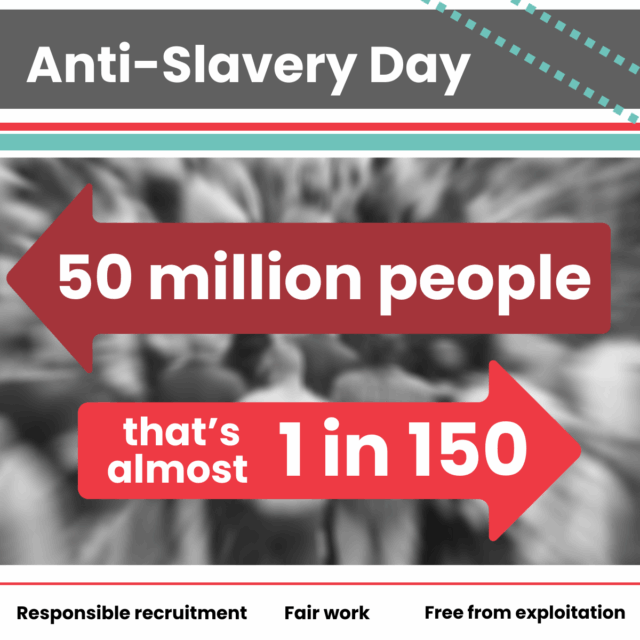
With Labour’s Autumn Statement now released, UK businesses are set to face significant changes, including wage increases, higher payroll costs, and new workforce development initiatives. Here’s a breakdown of what these changes mean and practical steps to adapt to them.
Minimum wage increase and rising payroll costs
From April, the minimum wage for over-21s will rise by 6.7% to £12.21 per hour. Younger workers and apprentices will also see wage increases, impacting businesses reliant on lower-wage, high-volume staffing. While this may challenge profit margins, it also offers potential benefits for retention and morale.
What this means: For businesses with extensive staffing needs, increased wages can help to attract and retain high quality employees. However, planning is essential to manage these increased payroll costs without straining resources.
Action steps: Consider reviewing staffing schedules, automating repetitive tasks, and optimising workforce planning, to manage costs effectively. Additionally, promoting competitive wages as a tool to attract top quality talent can help to enhance productivity and service levels.
Employer national insurance contributions rising
In addition to wage increases, employer National Insurance contributions will rise from 13.8% to 15%, with the threshold lowering from £9,100 to £5,000. This change will add to payroll costs, particularly for businesses with a large workforce near the National Insurance threshold.
What this means: Organisations with significant employee numbers will face additional payroll expenses, impacting cash flow and budget planning.
Action steps: Review payroll budgets to prepare for this change. For businesses with tight margins, optimising cash flow and reducing non-essential costs may help manage the additional burden. Consulting a tax advisor could also uncover potential inefficiencies or credits to offset the increase.
The £40 billion tax increase
Labour’s Budget introduces a £40 billion tax hike aimed at bolstering public services and stabilising the economy. Although described as a one-time measure, the tax increase may affect profit margins and consumer spending, especially for businesses reliant on discretionary income.
What this means: Higher taxes will add pressure to operational costs, requiring a focus on cost management and efficiency.
Action steps: Financial advisors can help optimise tax strategies by maximising deductions and credits. Reviewing costs and implementing efficiencies can also help balance the added tax burden, particularly in high-expense areas.
Doubling of Employment Allowance for smaller businesses
The Employment Allowance will increase from £5,000 to £10,500, meaning over 865,000 employers will avoid paying National Insurance contributions next year. This increase offers a unique advantage to smaller businesses, helping to offset some of the payroll burden.
What this means: Smaller businesses have an opportunity to mitigate the impact of rising payroll costs, supporting financial stability.
Action steps: Eligible businesses should ensure they are fully utilising the Employment Allowance to reduce National Insurance costs. These savings can then be reinvested in hiring, training, or other growth initiatives, helping to manage the financial impact of rising wages and payroll expenses.
Funding opportunities for green and innovative businesses
Labour’s Budget includes funding for green technology, carbon capture, and scientific research. Businesses with sustainability goals or innovative projects can benefit from new grants and support, aligning with growing consumer and regulatory interest in eco-friendly practices.
What this means: Companies focused on sustainability and tech-driven growth can leverage government funding for innovation, potentially reducing operational costs and appealing to eco-conscious consumers.
Action steps: Explore available grants and funding that align with sustainability or technology goals. Investing in eco-friendly practices not only positions businesses to secure government support but can also attract environmentally conscious customers.
Workforce development through “Get Britain Working”
The “Get Britain Working” initiative aims to reduce unemployment and address skills gaps through training and upskilling programmes. This will create a broader talent pool that businesses can leverage, particularly for roles that require specialised skills.
What this means: With an emphasis on job creation, the initiative could reduce recruitment pressures by increasing the availability of skilled workers.
Action steps: Explore government-supported training programmes to upskill current teams or onboard new hires with in-demand skills. Upskilling employees can improve productivity, retention, and reduce recruitment costs over time.
Labour’s Autumn Statement introduces substantial shifts in the UK labour market, including wage increases, higher employer costs, and an emphasis on skill development. While businesses must navigate these added expenses, there are new opportunities to invest in talent retention, innovation, and sustainable practices to build resilience and support long-term growth.
Looking to navigate uncertain times with a flexible workforce? Discover how our marketplace can help you adapt quickly, control costs, and access skilled talent on demand to keep your business moving forward.








